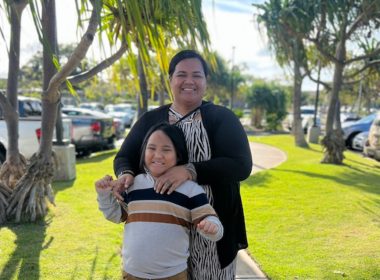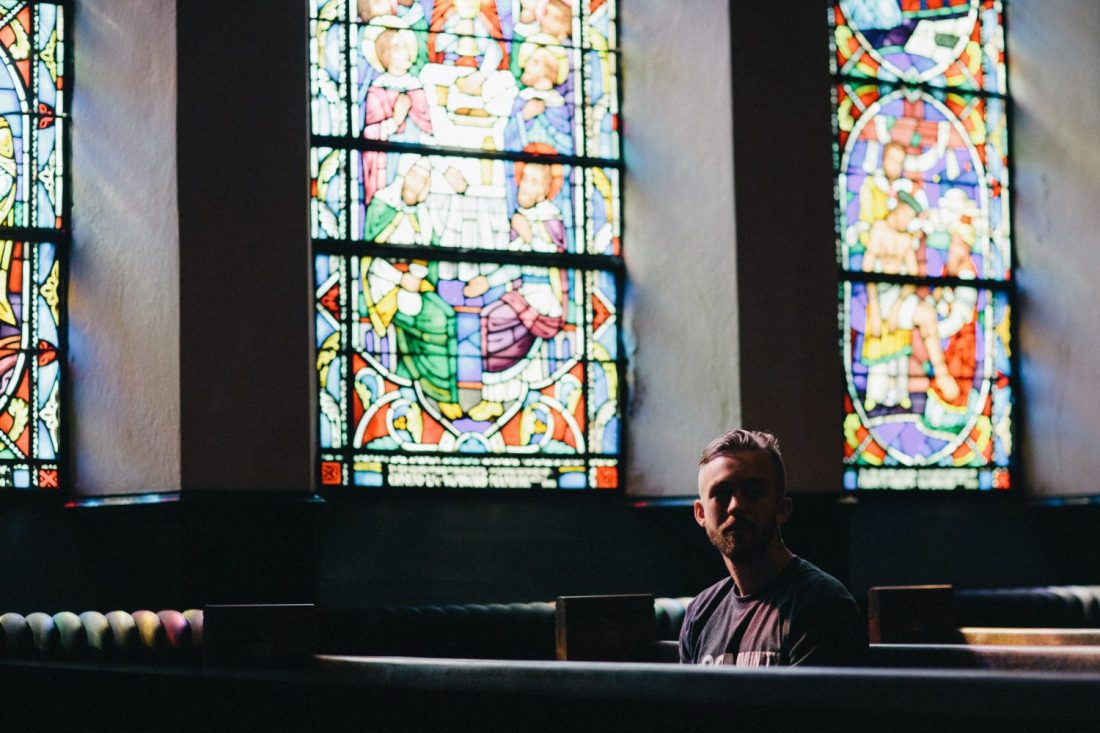“Alone” and “lonely” are adjectives often used interchangeably although they have distinct meanings. It’s important to be able to distinguish the two not only as we navigate the good in being alone, but also in how we assign the adjectives to label or identify another’s personal, social and emotional position.
To be alone is a state of being, while being lonely is an emotional response to one’s condition. For instance, a person can be in a crowd of people and still feel lonely. The antithesis works as well, where one person can be physically alone, but without accompanied loneliness.
Today’s society has conditioned us to constantly define our social condition. We’ve coined the phrase “FOMO,” the fear of missing out. We’ve created multiple apps to connect, find friends, and meet potential partners. We must live a life worth showing for what? For others. And if not, something must be wrong. Something must not be quite right with what we’re doing.
In an article published in Psychology Today by Dr. Abigail Brenner, “The Importance of Being Alone,” Brenner writes, “Being alone allows you to drop your ‘social guard,’ thus giving you the freedom to be introspective, to think for yourself. You may be able to make better choices and decisions about who you are and what you want without outside influence.”
Being content with being alone is an aspect of growth, development and self-knowledge. Being alone with your thoughts, ideas, feelings, dreams and frustrations can be essential to cultivating a more well-rounded and grounded outlook on life as a result of the introspection that takes place.
Whether we realize it or not, who we are in social gatherings is not our most authentic self. We are largely impacted and influenced by other people’s opinions and behaviors. We do, in either large or small doses, care about how people perceive us. In return, it is easy to mold ourselves to who others want us to be or who we want to be in other people’s eyes.
Being alone, especially if we aren’t used to it, can be uncomfortable at first. However, small steps, such as going to public places by yourself, sitting in a coffee shop or a park without the distractions of a phone and integrating pen and paper journaling in daily routines can be healthy ways to ease into positive and productive spaces of solitude.
Being alone doesn’t need to be lonely. “You time” is individually introspective, but not for the sole sake of being selfish or single-minded. Utilize these moments to get to know yourself more – your qualities, your strengths, your values, your weaknesses – so you can learn to know and love others more intentionally.















I choose to be alone as that’s when I recharge and reflect on past choices or conversations and future possibilities of peace. Being -“alonely” is a gift I give myself-and an adverb supporting the verb of living. Living “alonely can be temporary or personal choice.
But, Being lonely is an opportunity to change a negative response to something more satisfying: starting with sitting at a coffee shop and feeling part of a crowd of people is lifting.
Shopping for a small anything that might mean something for someone else is a big bump in the emotional happiness spectrum It’s extremely unfortunate to be lonely in this huge world and innumerable ways to connect with other people. We can also be lonely in a crowd of friends, but learning to be “alone-ly living builds up my confidence when loneliness strikes even in a crowded room.